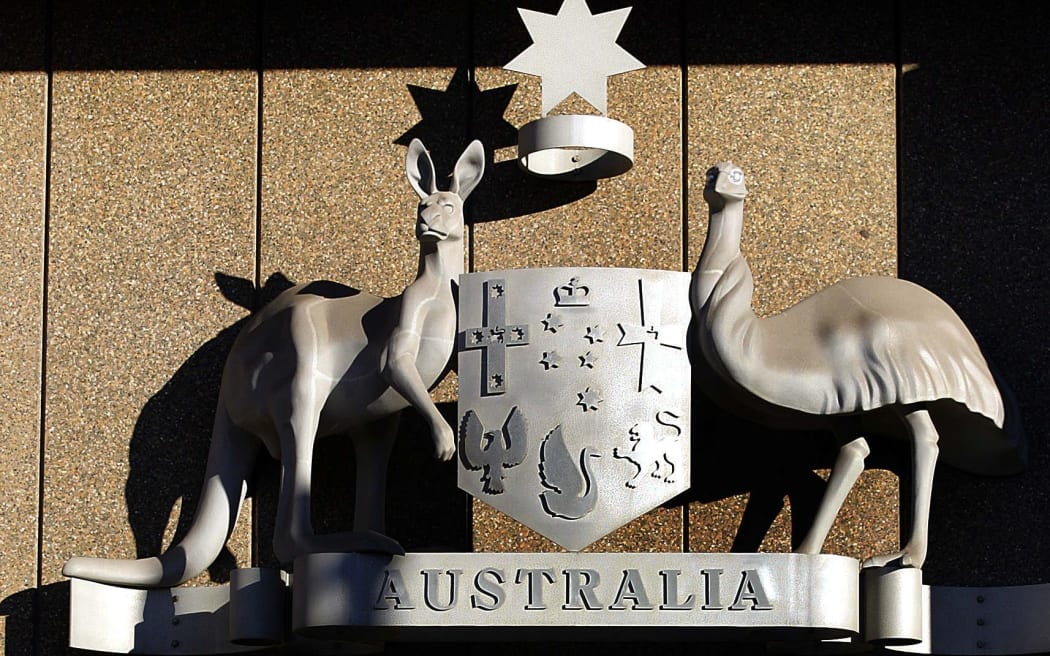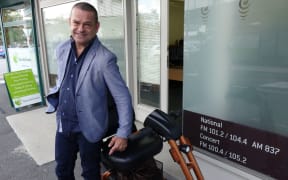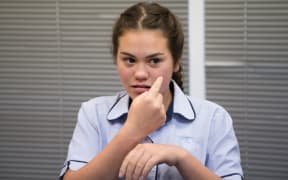A Queensland woman has lost a High Court battle to become the first deaf juror in Australia.

Photo: AFP
Gaye Lyons, who can lip read but requires an Auslan interpreter to communicate, launched the unprecedented case after being excluded from an Ipswich court, west of Brisbane, in 2012.
The 69-year-old said she had been discriminated against by the Queensland government by the refusal to provide her with an interpreter so she could perform her civic duty as a juror.
The Queensland government had argued the law did not allow an interpreter to be in the jury room.
Lawyers for the government also raised concerns about the difficulty of making sure the translations were accurate.
In a unanimous ruling, the High Court found Queensland law did not permit an Auslan interpreter to assist while the jury was together, so Ms Lyons would not be capable of performing the functions of a juror.
"The … decision not to include the appellant in a jury panel did not constitute unlawful discrimination in the performance of her functions or the exercise of her powers under Queensland law," the ruling said.
'We're the same as everybody else'
Ms Lyons told the ABC said she felt angry and frustrated with the High Court's decision.
She said when she was originally refused to be a juror she "just saw red" and decided to take action.
"We're the same as everybody else, we're human, we have kids, we go to work, we drive cars, we pay mortgages - I was just fuming because I could not have equal access to this," she said.
"Why should the powers that be decide what's right for me, why should they decide what I can and can't do - it just made me livid, I was seething about the whole thing."
Ms Lyons said Queensland's Jury Act needed to change.
"For them [the High Court] to say that interpreters could not relay information accurately, that was the living end, that was the last straw for me.
"It wasn't a nice feeling to know that inherently - interpreters - that their translations were not correct, it was a terrible thing to say.
"The court stenographers - I have to say - are they always 100 percent accurate?"
Ms Lyons said the courts already used interpreters in proceedings for other cases such as murder and in the Family Court.
"They trust interpreters to work in those settings - what's the difference with trusting them to relay in a jury room? What's the difference if they work in court anyway?" she said.
Ms Lyons said she had always been very interested in the law and how it worked, and would continue to advocate to change the law.
"Jury duty was something I really wanted to take part in," she said.
"I'm a person, I'm not a robot and I think I've got the capability to do that - I think that not all people who can hear can be on a jury.
"We have the Disability Discrimination Act in place, but it's not being used - I really doubt that people are using that to its full extent.
"We also have the convention on the rights of people with a disability from the United Nations and it's not being used either.
"So where to from here? If people don't want to follow theses acts and follow the convention ... that's a big question for me. It's a matter of applying the act and the convention together."
Attorney-General Yvette D'Ath said today's ruling reaffirmed the arguments mounted by the Queensland government in relation to "this complex and sensitive issue".
"While I fully understand the strong views that people like Ms Lyons have on this matter, the confidentiality of jury deliberations and right of an accused person to a fair trial are among the most fundamental tenets of our justice system," she said.
Lawyers call for amendment
Queensland Law Society president Bill Potts said the Jury Act should be changed.
He said while the court's decision was sound, the law was outdated.
"Surely this is an apt time for our government not merely to enforce the law as it presently stands, but see the law as it certainly ought to be," he said.
Ms Lyons, a retiree who had worked for Deaf Australia, tried to sue the state in the Supreme Court of Appeal last year.
That was knocked back too, with the three appeal judges finding that it was within the law for Ms Lyons to be left off the jury.
- ABC




